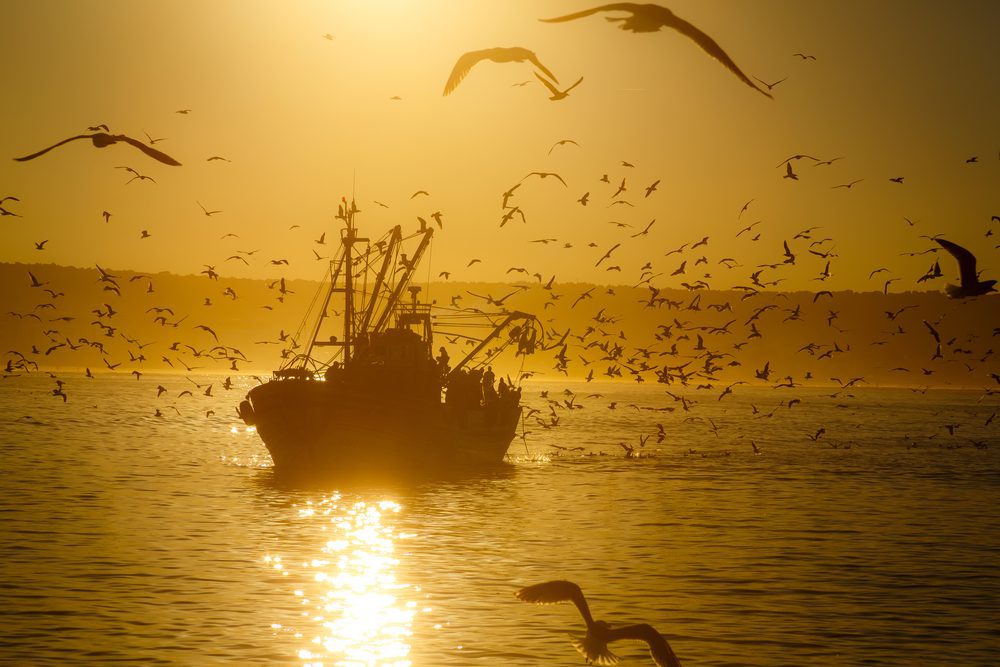
European trawlers lost their ability to fish off the coast of Morocco this week as a controversial EU-Morocco fisheries deal came to an end Monday, July 17th, with no immediate sign of being renewed.
The EU-Moroccan sustainable fisheries partnership was signed off in 2019 and enabled primarily Spanish fishing vessels to access Morocco’s tuna and sardine stocks in exchange for €208 million in fees from the EU to Morocco.
Now the original deal has lapsed, and Morocco seeks to play hardball with Brussels on its renegotiation—despite recent espionage scandals regarding the Moroccan intelligence services operating within EU institutions, complicated by the lingering issue of Western Saharan sovereignty where it is unsure whether Morocco has jurisdiction.
Relations between Europe and Morocco have soured in recent months due to Morocco’s hand in the Qatargate corruption scandal within the European Parliament as well as Rabat’s irredentist claim in Western Sahara, where it is engaged in putting down an armed insurrection from local Sahrawi rebels.
Since April, representatives from Morocco lobbying in the European Parliament have been under heightened surveillance after their role in the Qatargate scandal was exposed following the testimony of former Italian MEP and alleged ringleader of the plot, Antonio Panzeri. He testified that he worked with Moroccan diplomats funneling money to politicians in exchange for positive feedback on human rights reports.
Morocco’s foreign minister, Nasser Bourita, indicated last week that Morocco would be slow to negotiate a new deal with the EU, saying that Morocco would drive a harder bargain with Brussels for access to its waters. The Moroccan government has grown increasingly antagonistic towards the EU following a vote in the European Parliament to condemn Morocco for jailing opposition figures and journalists.
Any renewal of the fisheries agreement would have to finally settle the issue of Western Saharan sovereignty, a region that Morocco has occupied on and off since 1975. The EU implicitly acknowledged Moroccan sovereignty of the territory under the original 2019 agreement despite complaints from human rights groups saying Rabat’s claim was illegal.
In 2021, the European Court of Justice upheld a challenge to the fisheries agreement and said that it was null and void when it came to the waters of the disputed Western Sahara, saying that the EU did not attain the legal consent of Western Saharan locals.
So far, Spain has emerged as the country most adamant about a new fisheries agreement, and Interior Minister Fernando Grande expressed confidence that a deal could be reached. Spanish relations with Morocco have been under the spotlight recently over allegations that the Moroccan intelligence services have been conducting extensive blackmail operations using Pegasus spyware technology against influential figures in the Spanish state to exact leverage against Madrid.
Despite mounting claims against Morocco, the EU still regards Morocco as a viable regional partner regarding migration control and energy, as Brussels gave Morocco €624 million in developmental aid to develop its renewable energy sector.
Morocco has operated with increasing confidence on the world stage following its alliance with Israel and the United States in 2021, which led to both countries recognising Moroccan claims to the Western Saharan and accusations lobbed against Israel for sending strategically vital military and surveillance hardware to the North African state.
